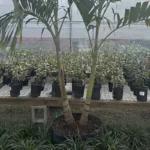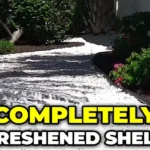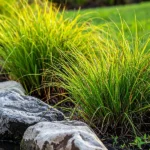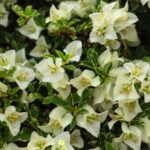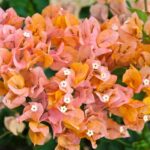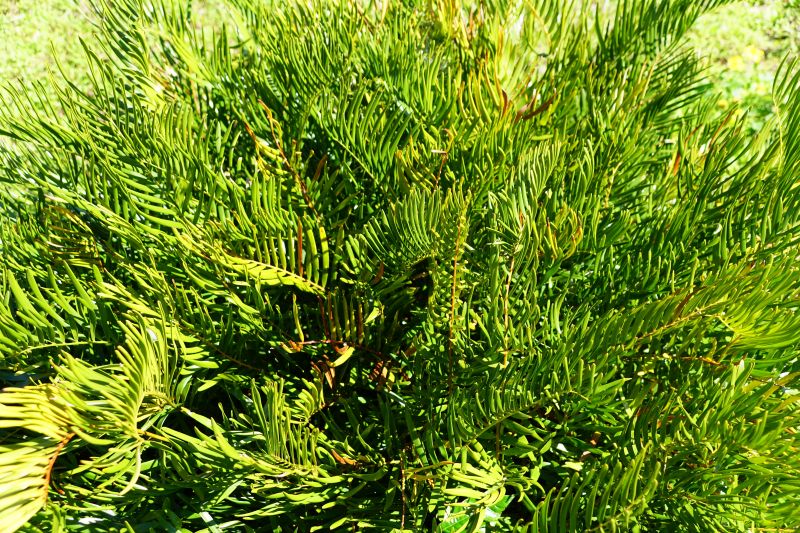
by Troy's Tropics | Jul 11, 2025 | Gardening for Health, Growing & Planting, Sarasota Gardening, Storm Preparation
When hurricane season hits Sarasota County, resilient landscaping can make all the difference. At Troy’s Tropics, we believe that a garden should be both beautiful and built to last. That’s where Florida-Friendly plants shine—they’re not only drought-tolerant and...
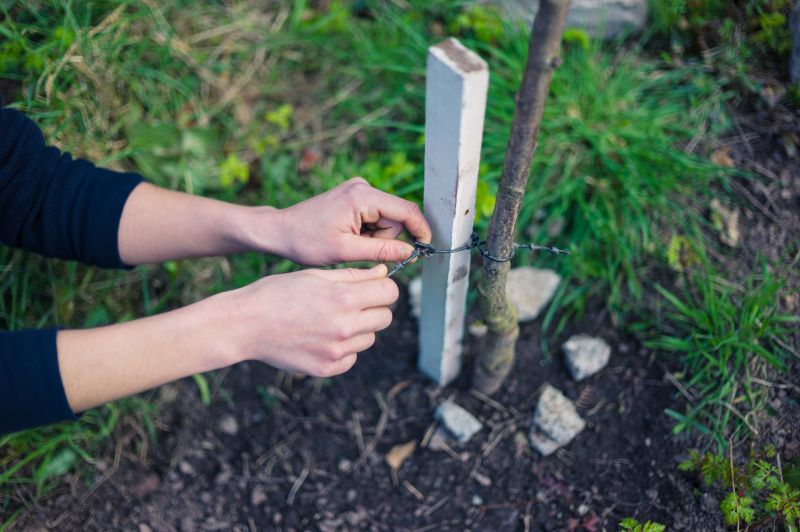
by Troy's Tropics | Jun 28, 2025 | Growing & Planting, Sarasota Gardening, Storm Preparation
Florida’s summer brings more than just sunshine and sea breezes—it ushers in hurricane season. For Sarasota homeowners, that means it’s time to give your landscape a little extra attention. The good news? With a simple, week-by-week plan, you can protect your plants...
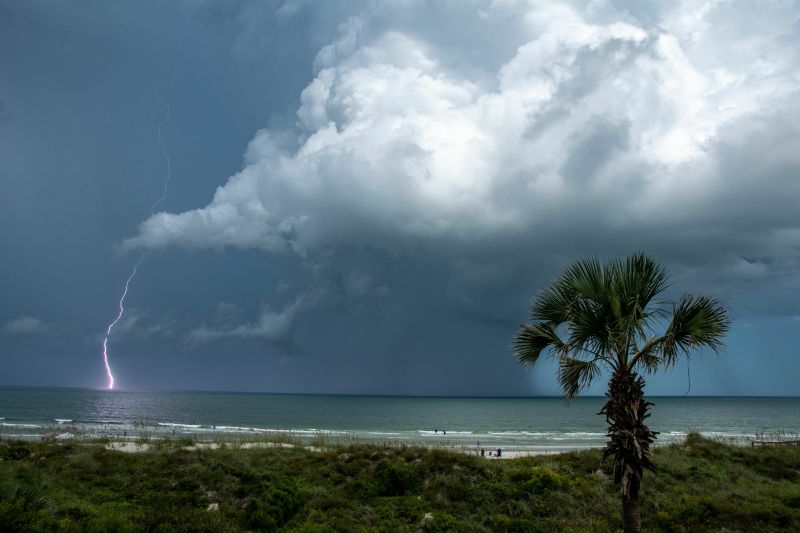
by Troy's Tropics | Jun 13, 2025 | Gardening for Health, Growing & Planting, Organic Gardening, Sarasota Gardening, Storm Preparation
Living in paradise comes with a catch—hurricane season. But Sarasota homeowners can weather any storm in style with the right plants. At Troy’s Tropics, we’ve handpicked five tough yet beautiful landscape stars that not only thrive in Southwest Florida’s heat and...
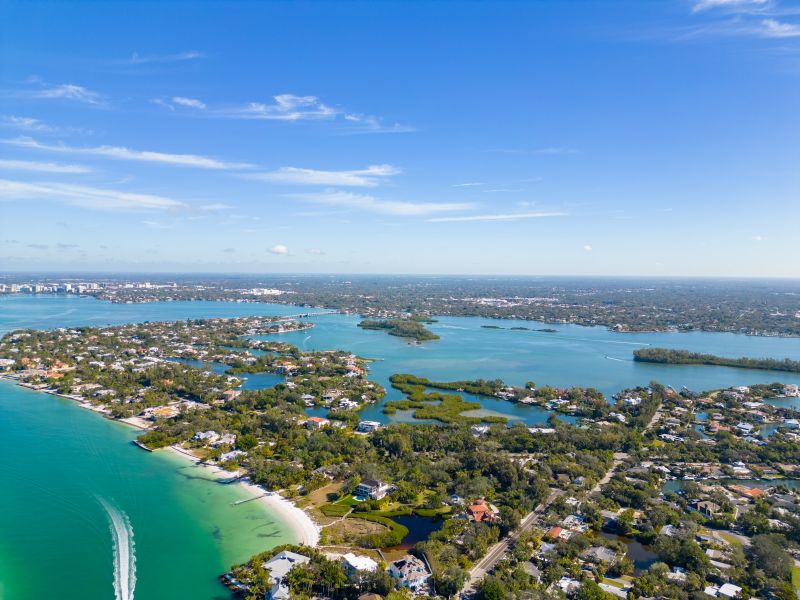
by Troy's Tropics | Jun 6, 2025 | Growing & Planting, Organic Gardening, Sarasota Gardening
If you’ve ever wondered why your neighbor’s bougainvillea thrives while yours seems to sulk, the answer might be hiding in plain sight—your microclimate. In Sarasota, subtle differences like sea breezes, elevation, and even neighborhood design can influence how plants...
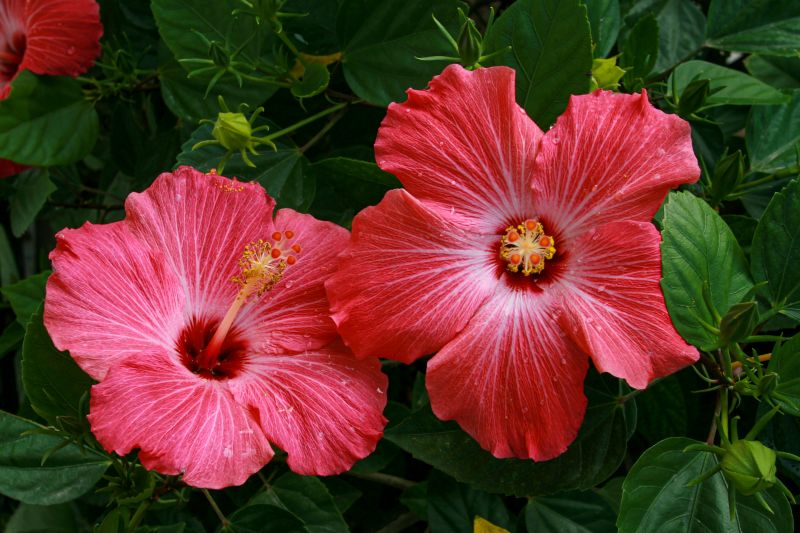
by Troy's Tropics | May 23, 2025 | Gardening for Health, Growing & Planting, Organic Gardening
If Florida summers bring the heat, why not match it with fiery blooms and lush greenery? Whether you live in Sarasota, Venice, or North Port, flowering shrubs offer vibrant color with little fuss—and they’re perfect for gardeners who love tropical flair without...
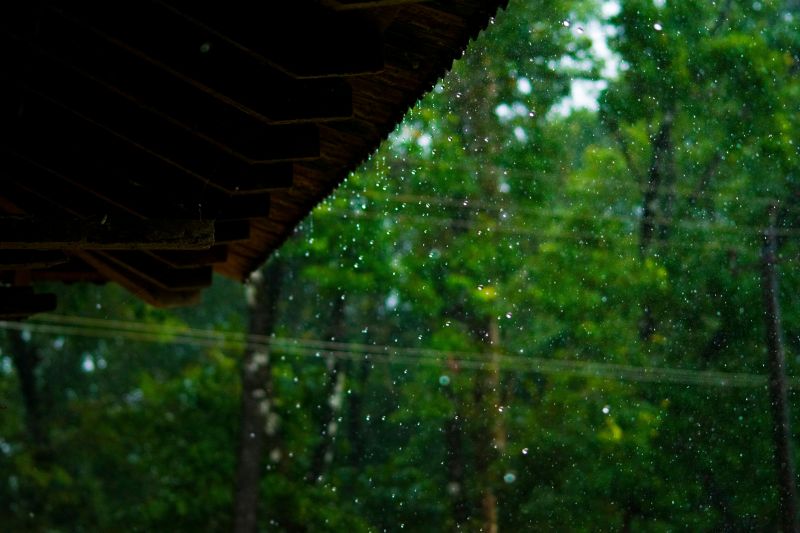
by Troy's Tropics | May 16, 2025 | Gardening for Health, Growing & Planting, Organic Gardening
Why Water Management Matters in Sarasota June through September means afternoon thunderstorms, saturated soil, and sometimes standing water. While your garden might love the extra hydration, too much of a good thing can turn your landscape into a swamp. Uncontrolled...








